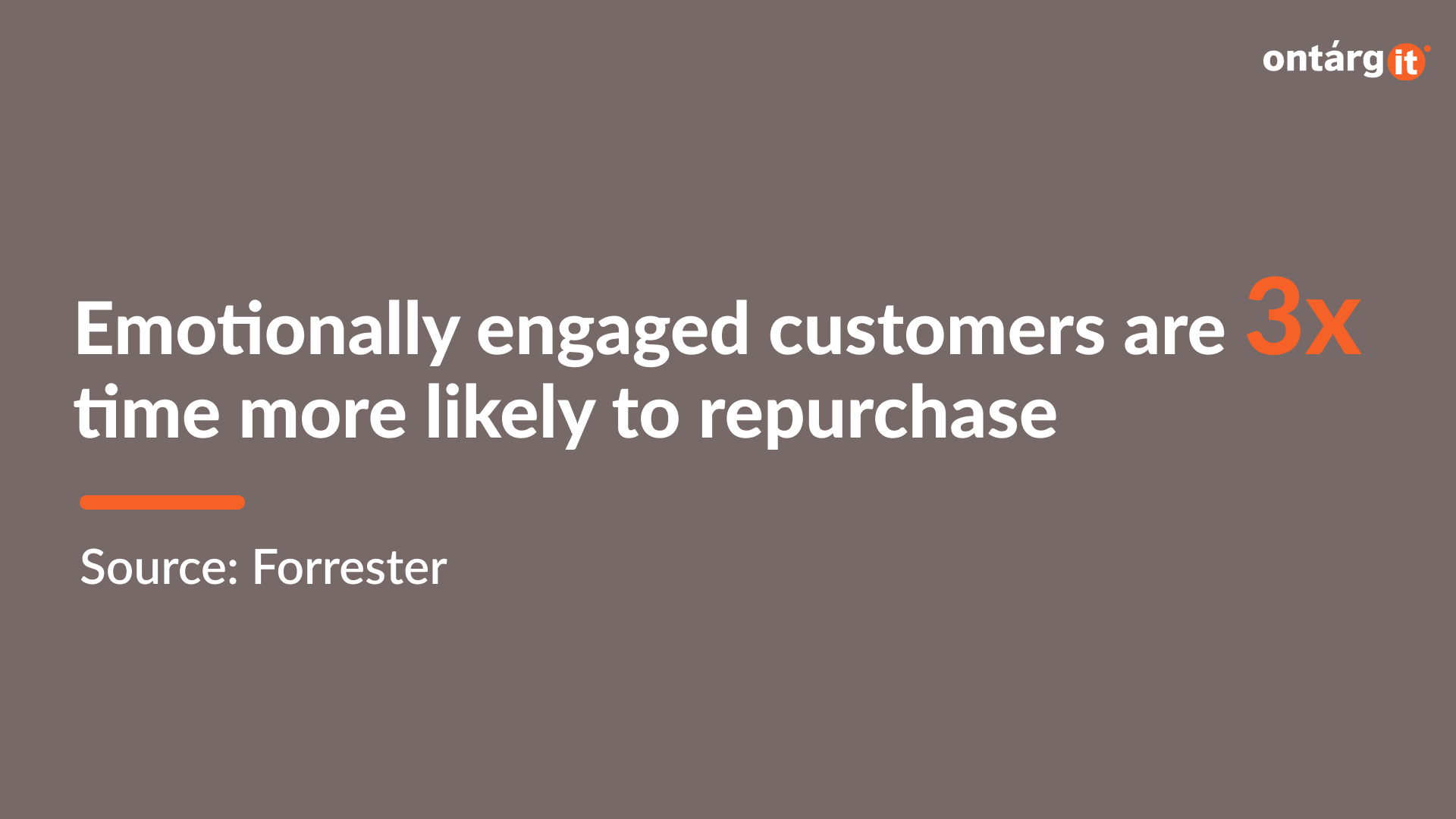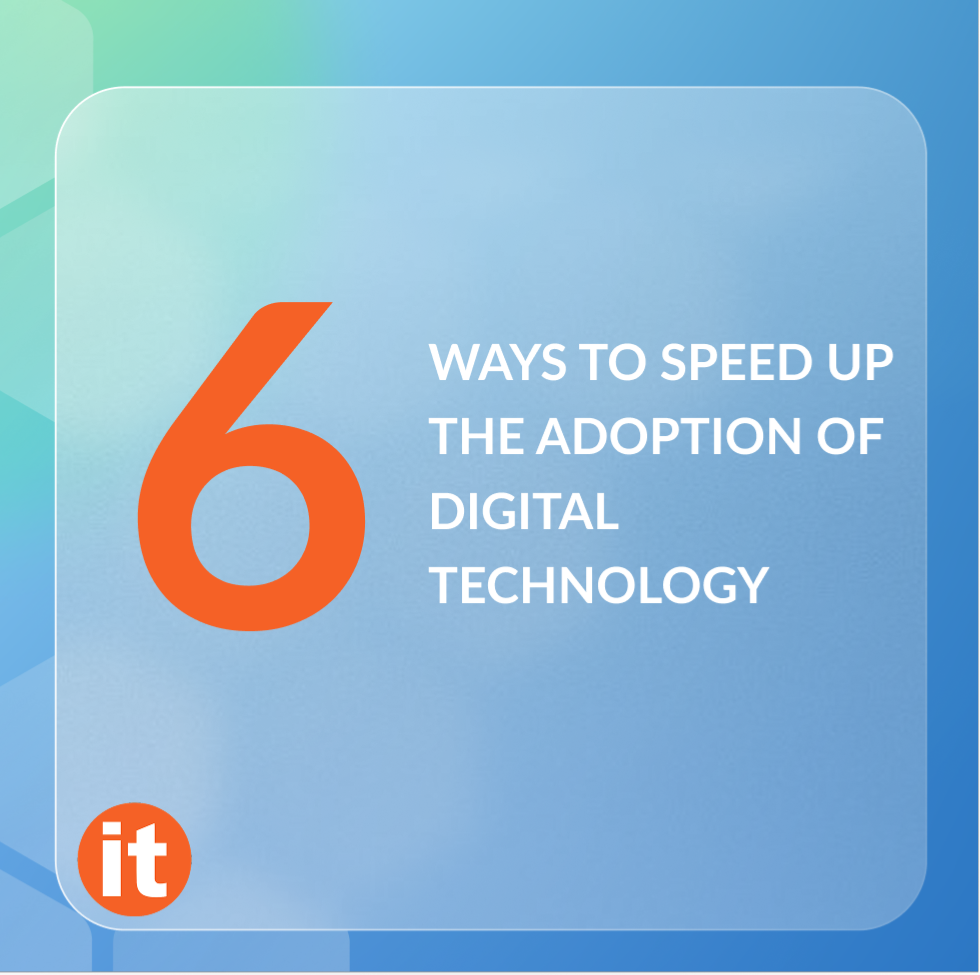Customer experience has overtaken price and product as the key differentiator for brands. This change is attributed to the evolved understanding and management of customer relationships, extending into organizational culture, governance, and technologies. The focus is on the quality of interactions customers have throughout their journey, shaped by their perceptions and understanding of their experiences.
Role of Digital Transformation
Retailers are now focusing on the entire customer journey, prioritizing personalized interactions and the customer's perception of their experiences. This sector has been at the forefront of adopting innovative strategies to enhance customer engagement and satisfaction.
Technologies like Microsoft Dynamics 365 Commerce play a pivotal role, offering comprehensive tools for customer engagement and efficient management of business operations. Retailers focusing on a customer-committed approach see numerous benefits, including increased customer lifetime value, reduced churn, and heightened brand advocacy. Emotionally engaged customers tend to be less price-sensitive and more likely to make repeat purchases.

By leveraging Microsoft Dynamics 365 Commerce, retailers can gain deeper insights into customer behaviors and preferences, enabling them to tailor their offerings and interactions more effectively. This results in increased customer satisfaction, loyalty, and ultimately, business success in a highly competitive retail landscape. The whitepaper underscores that adopting such cutting-edge technology is not just an option but a necessity for retailers aiming to stay relevant and excel in delivering exceptional customer experiences.
Enhancing Online Shopping
Technological innovations like Augmented Reality (AR) and Artificial Intelligence (AI) are transforming the shopping experience, enabling detailed product visualization and offering personalized experiences both online and in physical stores. The transition from multi-channel to omnichannel retailing is essential for providing a seamless customer experience. Omnichannel strategies result in higher customer retention and consistent engagement across various platforms.
The integration of omnichannel strategies
Omnichannel strategies in the retail sector represent a significant evolution from the traditional multi-channel approach.
In the past, retailers might have operated their online and physical stores as separate entities, with different teams managing website inquiries, social media interactions, and in-store customer service. This often led to a fragmented customer experience, where interactions in one channel were not recognized or continued in another. However, the rise of ecommerce and social media, coupled with changing consumer expectations, has made it imperative for retailers to adopt a more integrated approach.
Technologies like chatbots and AI are instrumental in facilitating omnichannel strategies. Chatbots, for instance, can be configured to provide information such as store locations and product availability, enhancing customer convenience. By utilizing data analytics and AI, retailers can also gain insights into customer behavior across different channels, which can be used to further refine and personalize the shopping experience.
Moreover, omnichannel strategies lead to higher customer retention. Retailers that effectively implement these strategies can maintain a continuous and consistent dialogue with their customers, leading to increased customer satisfaction and loyalty. This integrated approach also empowers retail staff, enabling them to offer more personalized and efficient service.
The seamless blending of online and physical store experiences ensures that customers enjoy consistent service, whether they are interacting with a retailer via social media, online stores, or in a physical location. This integration is supported by technologies like chatbots and connected retail applications, ensuring a smooth and personalized shopping journey.
Customer Journey Insights
In the retail sector, the concept of the customer journey has evolved to encompass the entire spectrum of interactions a customer has with a brand, starting from the initial discovery phase all the way through to post-purchase experiences and loyalty building. This journey is a critical focus for retailers as they strive to enhance customer satisfaction and foster long-term loyalty.
Throughout this journey, the role of data and technology is paramount. Retailers are constantly gathering and analyzing data from various touchpoints to gain deep insights into customer preferences and behaviors. This data-driven approach enables retailers to tailor the customer journey, making it more personalized and effective, thereby increasing customer satisfaction and loyalty.
Building customer loyalty and advocacy in the retail sector
The journey to building this loyalty starts with understanding the customer's needs and preferences, which is facilitated by gathering and analyzing customer data. This data helps retailers personalize their interactions with customers, making them feel valued and understood. Personalization can be as simple as recommending products based on past purchases or as complex as tailoring marketing campaigns to individual customer preferences.
Engagement on social media platforms also plays a significant role in building loyalty and advocacy. Retailers encourage customers to share their experiences and engage with the brand on these platforms. Positive social media interactions not only enhance the customer's relationship with the brand but also serve as a form of endorsement to potential new customers.
Loyalty programs are another effective tool. These programs reward repeat customers, making them feel appreciated for their continued patronage. The rewards can range from discounts and exclusive offers to early access to new products or special events.
The ultimate goal is to create a holistic experience that resonates with customers on an emotional level. This emotional connection is what transforms a regular customer into a loyal advocate for the brand. It's about creating a journey that is seamless, enjoyable, and consistently aligned with the customer's expectations and values.
The retail industry is increasingly using technology and data analysis to understand and enhance the customer journey. The goal is to deliver a seamless, personalized experience that fosters enduring customer relationships and positions retailers as leaders in a competitive and dynamic market.
Retailers are employing personalized marketing, loyalty programs, and customer feedback mechanisms to strengthen customer relationships. The focus is on creating a positive overall experience that fosters long-term customer loyalty and advocacy.




















